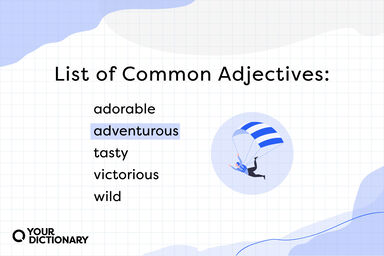List Definition
(UK) A confidential register of people forbidden to work with children, maintained by the Department of Education and Skills.
Origin of List
-
From Middle English liste, from Old English list (“art, cleverness, cunning, experience, skill, craft"), from Proto-Germanic *listiz (“craft, art"), from Proto-Indo-European *leys-, *leyǝs- (“track, furrow, trace, trail"). Cognate with Scots list (“art, skill, craft, cunning"), Eastern Frisian list (“cunning, knowledge"), Dutch list (“ruse, strategem, guile, artifice, sleight"), Low German list (“wisdom, prudence, cunning, artifice"), German List (“cunning, ruse, trick, guile, ploy"), Swedish list (“cunning, art, trick, ruse, wile, guile, stealth"), Icelandic list (“art"). Related to lore, lere, learn.
From Wiktionary
The Middle English liste (“border, edging, stripe") gives rise to the sense of "catalogue of names" by ca. 1600. The Middle English term does not continue the Old English directly, but is rather loaned from Old French liste or Old Italian lista (both meaning "border, band; strip of paper"), which are themselves a loan of the Germanic word.
From Wiktionary
-
Old English lystan, from Proto-Germanic *lustijanÄ…, from Proto-Germanic *lustuz (“pleasure"). Akin to Old Norse lysta (whence cognate with Danish and Norwegian lyste), Old High German lusten (German gelüsten and obsolete lüsten).
From Wiktionary
-
From Old English lÄ«ste "hem, edge, strip", from Proto-Germanic *lÄ«stÇ. Cognate with Dutch lijst, German Leiste, Icelandic lista/listi.
From Wiktionary
-
Middle English listen to desire, please from Old English lystan las- in Indo-European roots
From American Heritage Dictionary of the English Language, 5th Edition
French liste from Old French from Old Italian lista of Germanic origin
From American Heritage Dictionary of the English Language, 5th Edition
-
Middle English listen from Old English hlystan kleu- in Indo-European roots
From American Heritage Dictionary of the English Language, 5th Edition
Middle English from Old English līste
From American Heritage Dictionary of the English Language, 5th Edition
-
Possibly from tilting on lists in jousts.
From Wiktionary
Origin unknown
From American Heritage Dictionary of the English Language, 5th Edition
-
From listen
From Wiktionary
Find Similar Words
Find similar words to list using the buttons below.





